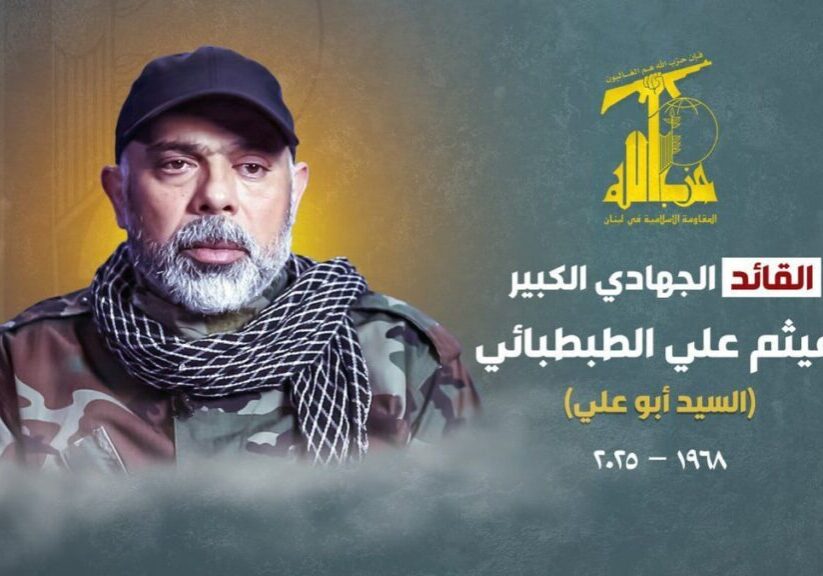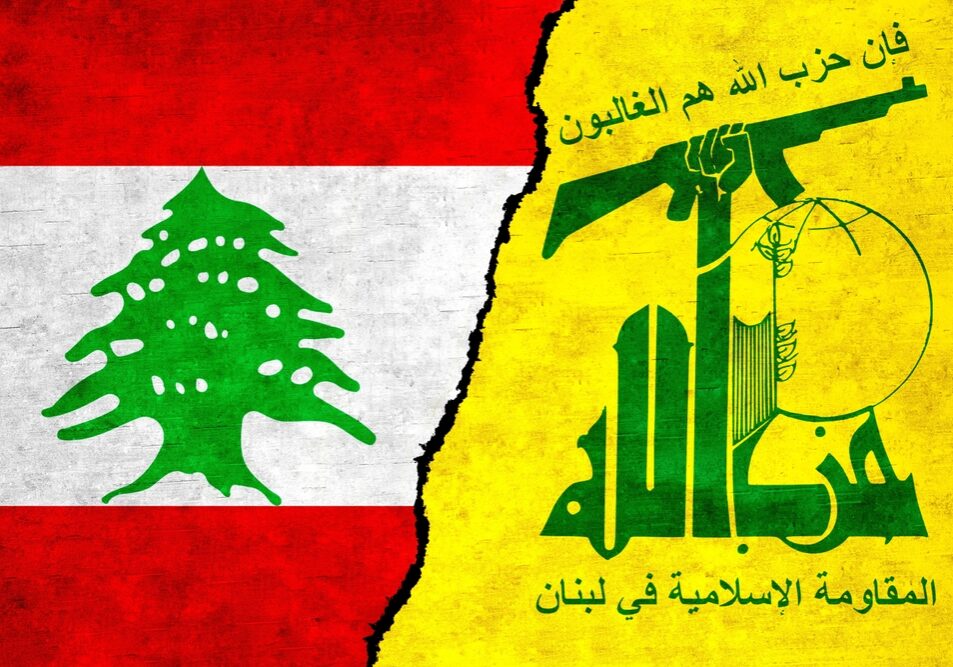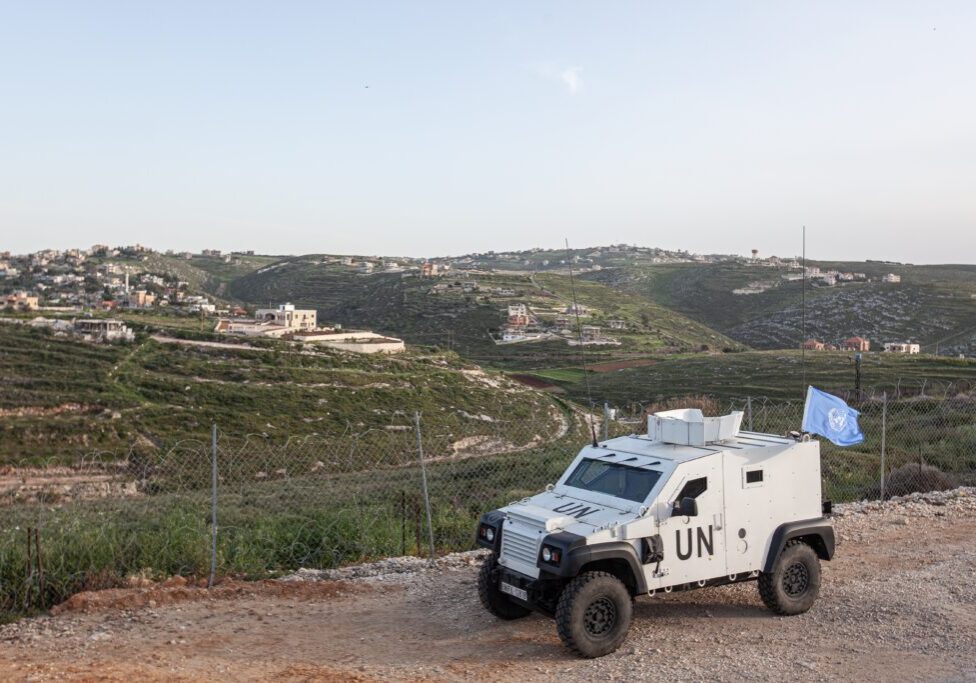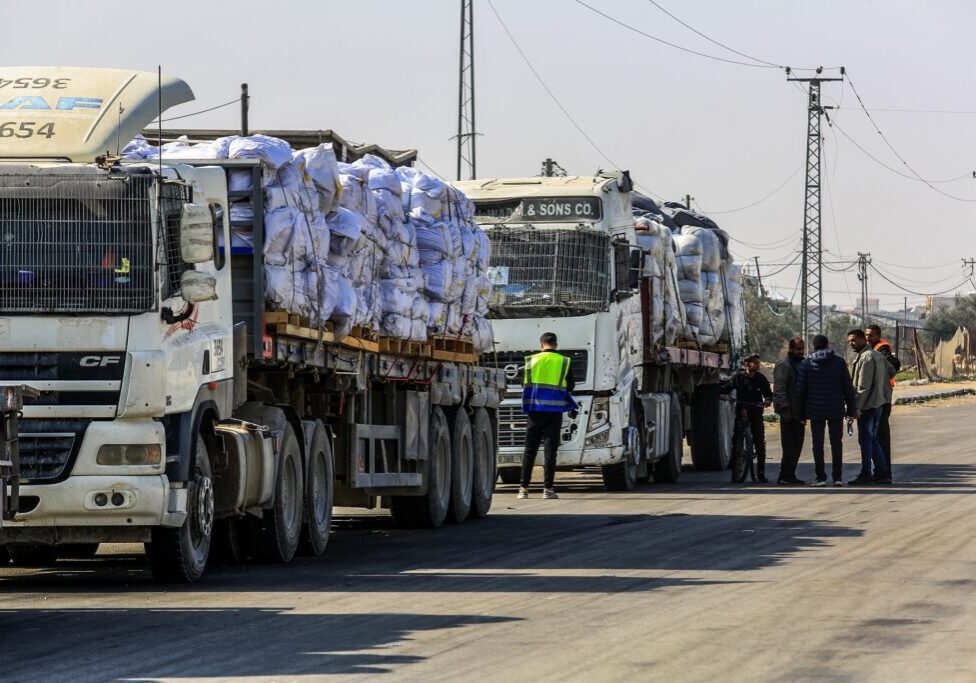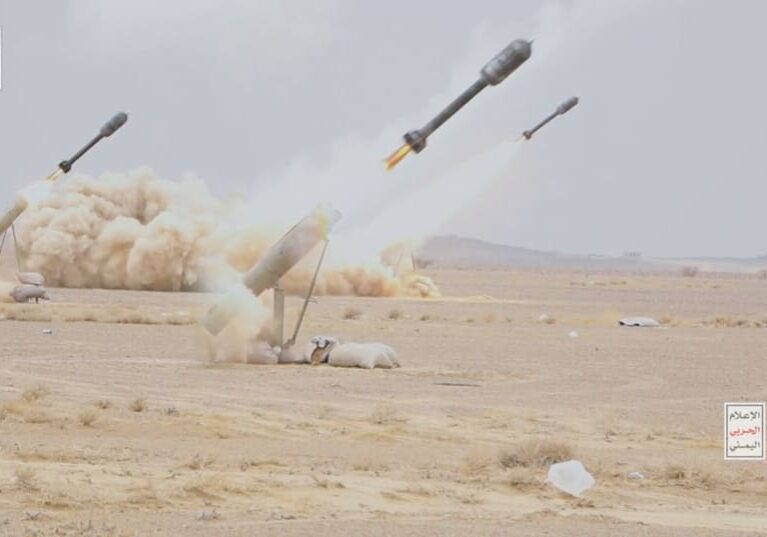Australia/Israel Review
Live by the sword…
Feb 27, 2008 | Eyal Zisser
Hezbollah after Imad Mugniyah
By Eyal Zisser
On late Tuesday evening, February 12, 2008, Imad Mugniyah, the head of the military wing of the Lebanese Hezbollah organisation, was killed in a car-bomb attack in Damascus. Mugniyah’s body was taken to Beirut, where he was buried two days later in an impressive ceremony organised by Hezbollah.
The organisation’s spokesmen, led by Secretary-General Hassan Nasrallah, quickly blamed Israel for Mugniyah’s liquidation and warned that the organisation’s revenge would not be slow in coming. Nasrallah even added that just as Israel killed Mugniyah “outside the natural borders of the battlefield” (i.e. not within Lebanon or Israel), so might Hezbollah act in response, a not very subtle hint at the organisation’s willingness to target Israeli and Jewish targets worldwide.
Nasrallah’s emotional – some would say, hysterical – response to Mugniyah’s killing is understandable. This development constitutes a severe blow to Hezbollah.
To be sure, no one is irreplaceable. Indeed, reports that a successor to Mugniyah has been appointed have already surfaced in Lebanon. Nevertheless, it is difficult to underestimate the role played by Mugniyah in the ranks of Hezbollah and, hence, the void he leaves behind. It was Mugniyah who established the organisation’s impressive military wing, which now includes a replenished array of ground-to-ground missiles. He was the brain behind the various terrorist attacks carried out by the organisation over the years. He was the one who conducted the organisation’s war with Israel in the summer of 2006. Without him, Hezbollah will be a completely different organisation.
As for Nasrallah, he is a skillful politician and an outstanding public relations person, but he understands almost nothing about military matters. It is no wonder that there are those in Lebanon who have already claimed that Mugniyah was much more important to Hezbollah than Nasrallah.
The blow to Hezbollah’s position and morale lies also in the shattering of the near-mythical belief in Mugniyah’s immunity. He had been pursued for decades by the intelligence services of no less than 42 countries, but had succeeded in evading them all. As such, he contributed to the aura surrounding Hezbollah’s alleged impenetrability: finding any cracks in the defensive network Hezbollah had established around itself was long deemed virtually impossible. Mugniyah’s death shattered this myth as well. Since that fateful Tuesday, every child in Lebanon knows that whoever got to Mugniyah can also get to Nasrallah.
Mugniyah’s liquidation came at an already difficult time for Hezbollah, as the organisation is consumed with debilitating political struggles inside the Lebanese political arena. It is under constant attack by its political opponents, led by the representatives of the “March 14” coalition (Sa’ad al-Din al-Hariri, Walid Junblatt, and their Christian partners).
Hezbollah is still having a hard time recovering from the Second Lebanon War. In this context, the reference is not necessarily to the damage done to Hezbollah’s own missile arsenal, hit hard by Israel in summer 2006 but which has apparently been restored, but rather to the extensive and lasting economic damage experienced mainly by Lebanon’s Shi’ite population, Hezbollah’s core constituency.
It is true that Hassan Nasrallah declared a “divine victory” in the Second Lebanon War, a claim he repeated during Mugniyah’s funeral. However, the quiet reigning along the Lebanese-Israeli border ever since the war, which Hezbollah has taken every precaution to preserve, says a great deal about the current balance of power between Israel and Hezbollah and about Israel’s deterrent power, which was actually reinforced in the aftermath of the war.
The killing of Imad Mugniyah has placed Hassan Nasrallah in a difficult dilemma. His organisation’s image has suffered a severe blow. He thus undoubtedly feels that he must respond in a way to preserve something of the awe and honour that was customarily given to Hezbollah in Lebanon, something of the organisation’s status among its supporters and, mainly, something of the organisation’s own deterrent capabilities vis-à-vis Israel. However, if Nasrallah renews the warfare along the Lebanon-Israel border, his supporters are liable to pay a heavier price than they paid during the last war. For this reason, many in Israel assess that he will aim to accomplish an impressive terrorist attack elsewhere. Still, it is possible that Israel will respond so vigorously to even this eventuality that the region will be drawn into a new round of fighting.
Mugniyah’s killing also constitutes a severe blow to Syria and its president, Bashar al-Assad. After all, Mugniyah was liquidated under Bashar’s very nose, in the heart of his own capital, Damascus. It will be remembered that this is not the only blow the Syrian president has suffered during the past year. At the beginning of September 2007, the Israel Air Force carried out an attack against what was, according to media reports, a nuclear installation in northeastern Syria that the Syrians were trying to build with the assistance of North Korea.
It is noteworthy that from the moment Mugniyah’s killing was announced, the Syrians maintained a low profile. It was as if Syria wanted to divert international and even inter-Arab attention from itself. That Syria should adopt a low profile is not surprising. The Syrians have no interest in world attention being drawn to their ties with Hezbollah, and especially their links with a terrorist wanted by 42 countries. Similarly, the Syrians avoided arousing too much of a commotion following the IAF attack in September 2007, preferring to avoid drawing international attention to their extremely problematic collaboration with North Korea in the nuclear field.
There is also another reason for the notable silence from Damascus. Syria is afraid of a new outbreak of fighting and, for its own reasons, wants no military confrontation with Israel. It will thus seek to do everything in its power to distance itself from any possible confrontation between Hezbollah and Israel. Looking back over the past year, it may be said that Bashar al-Assad needed to experience a pair of traumatic events to cool down the rhetorical enthusiasm and aggressiveness he displayed following the Second Lebanon War.
Official Israel has denied any involvement in Mugniyah’s killing. However, whether Israel was behind the deed or not, it is a prime beneficiary of it, particularly with regard to the serious short-term damage incurred by Hezbollah. Mugniyah’s liquidation undoubtedly augments Israel’s deterrent power in the eyes of its enemies, who attribute it to the Israeli intelligence services. However, Israel will also pay a price for this alleged exploit if Hezbollah succeeds in carrying out its threat to take revenge for the heavy blow it has suffered.
Professor Eyal Zisser is Director and senior research fellow at the Moshe Dayan Centre for Middle Eastern and African Studies at Tel Aviv University. He is the author of numerous books and other studies on modern Syrian and Lebanese politics. © Tel Aviv Notes, reprinted by permission, all rights reserved.
Tags: Lebanon

